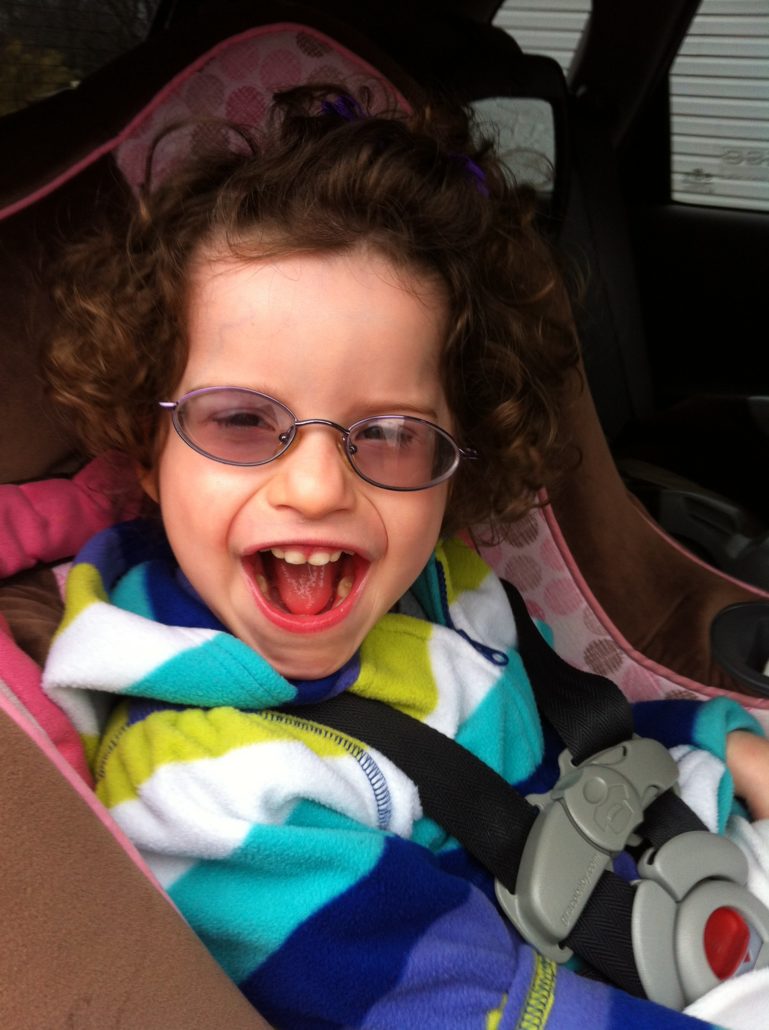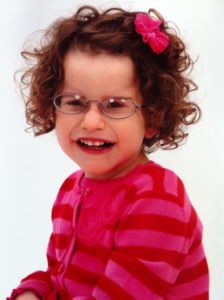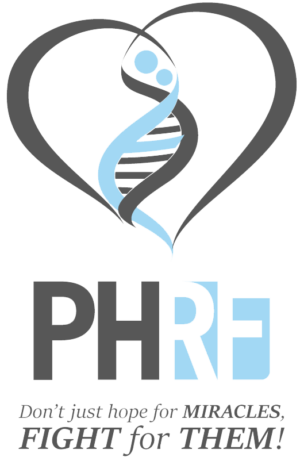Meet Caleb! I had Caleb on September 1, 2017 at 34 weeks at a local hospital and he was taken straight to the NICU after birth. On the night of September 2nd, Caleb began having apnea events and needed stimulation to help him breathe again. He was placed on continuous oxygen therapy. On September 3rd, he was intimated and transferred to the Children’s National Medical Center in Washington DC. There he went for an MRI and they found he had a brain anomaly which later led to a genetic test that diagnosed him with Pitt Hopkins Syndrome at 2 weeks. This was by far the hardest news I have had to deal with. My world was crashed, all I could think about was my little boy laying there helplessly and what hurt the most is there was nothing I could do to take all the pain away from him. I had to accept the news and be strong for Caleb and just hope and pray for the best.
He also had a hole in his heart which thankfully resolved itself without any surgical intervention. He failed 2 hearing tests and had to go for an advanced hearing test which he passed. He was discharged 34 days later on oxygen and stayed on it for a couple months after. He had his first seizure when he was a month old and another one when he was 2 months old.
Caleb is currently 10 months old and he does not sit or roll yet and is not really interested in toys. He is currently in an early intervention program and is going through physical therapy, and sees a vision teacher and special education teacher.
It has not been an easy journey thus far. I still do not how and where I get all my strength from. I know things will only get harder as he gets older but I am ready to accept the challenge and take each day as it comes. Baby steps!! He is a happy baby and has brought a lot of joy to my family but some days are really tough.
– Nosi, Caleb’s mom

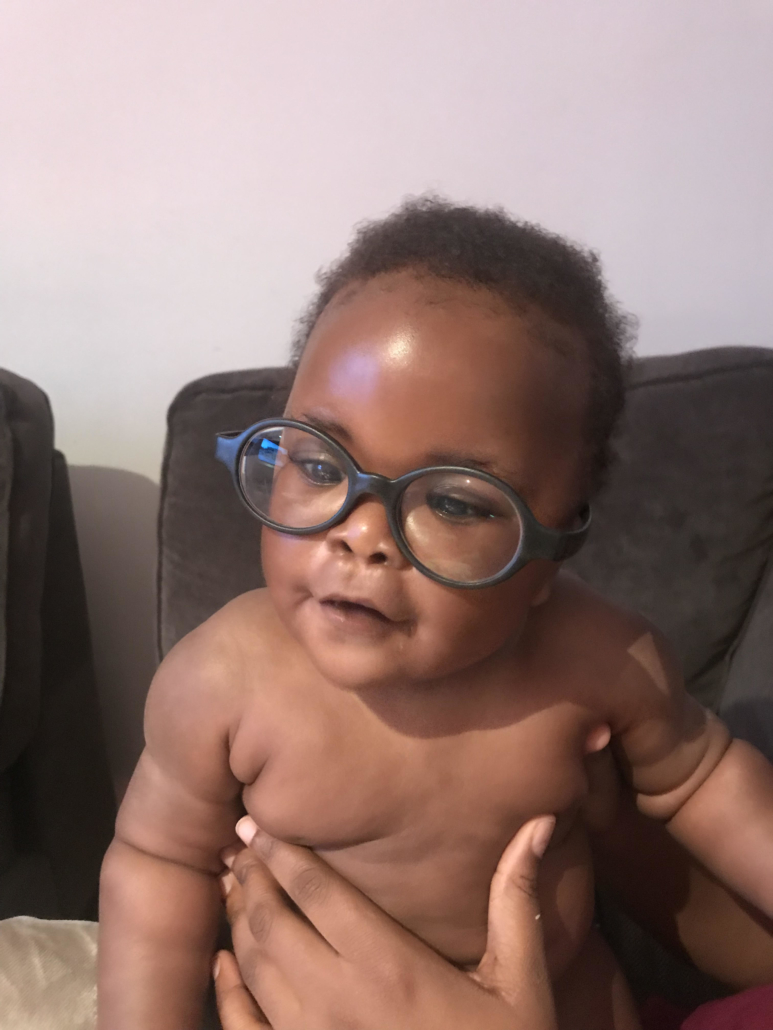
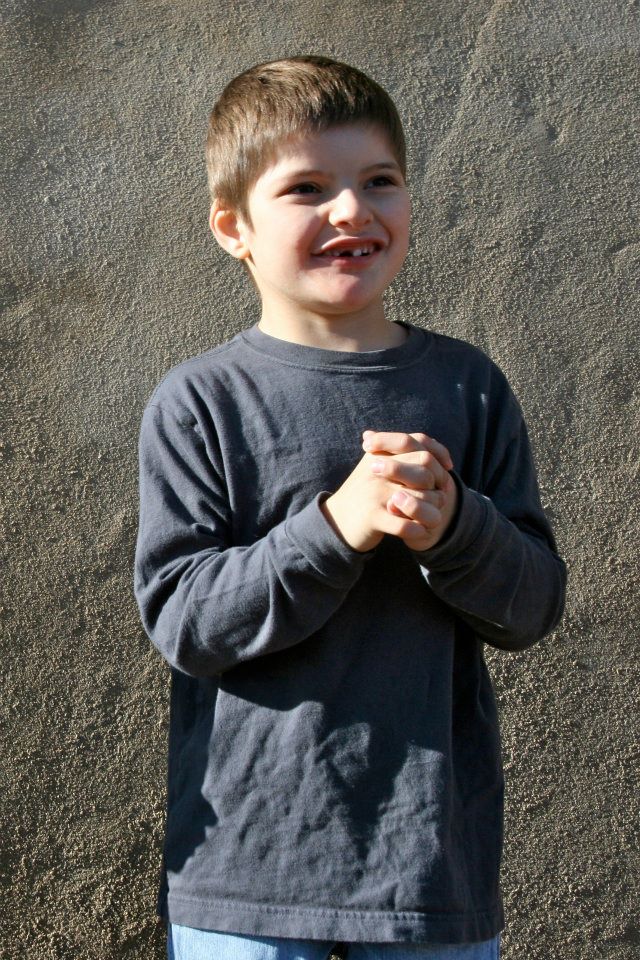
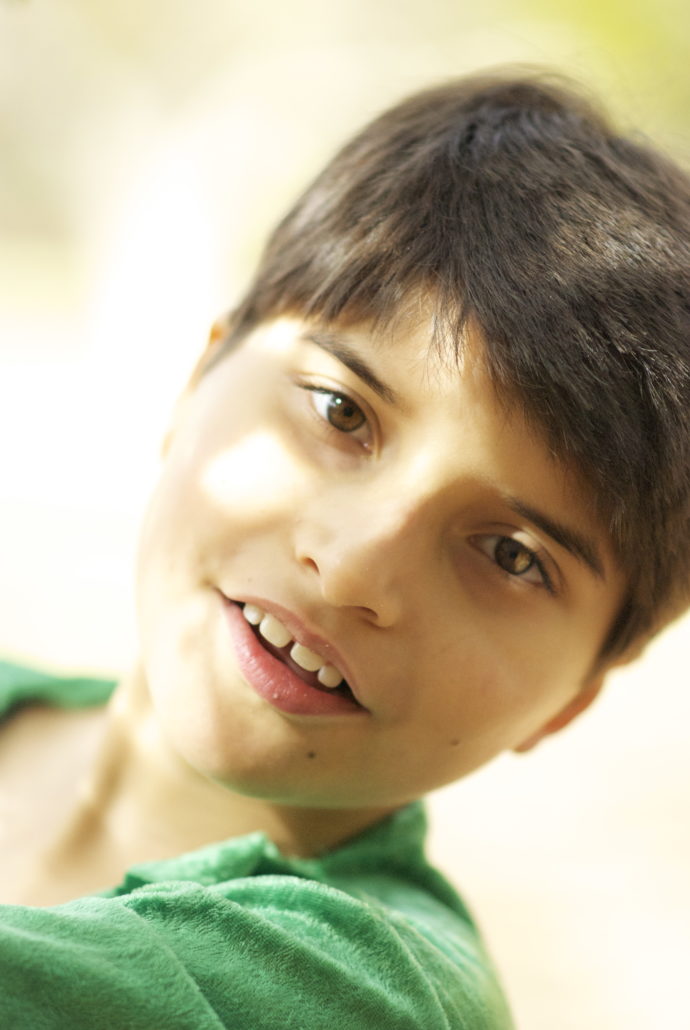
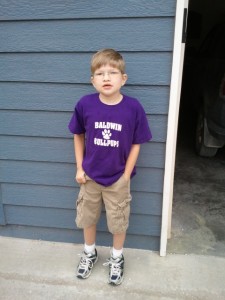
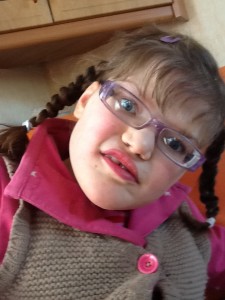
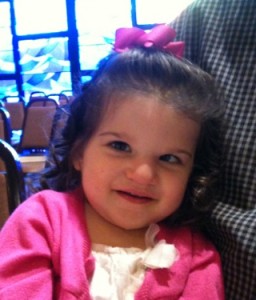
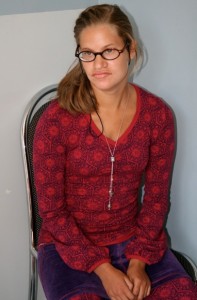

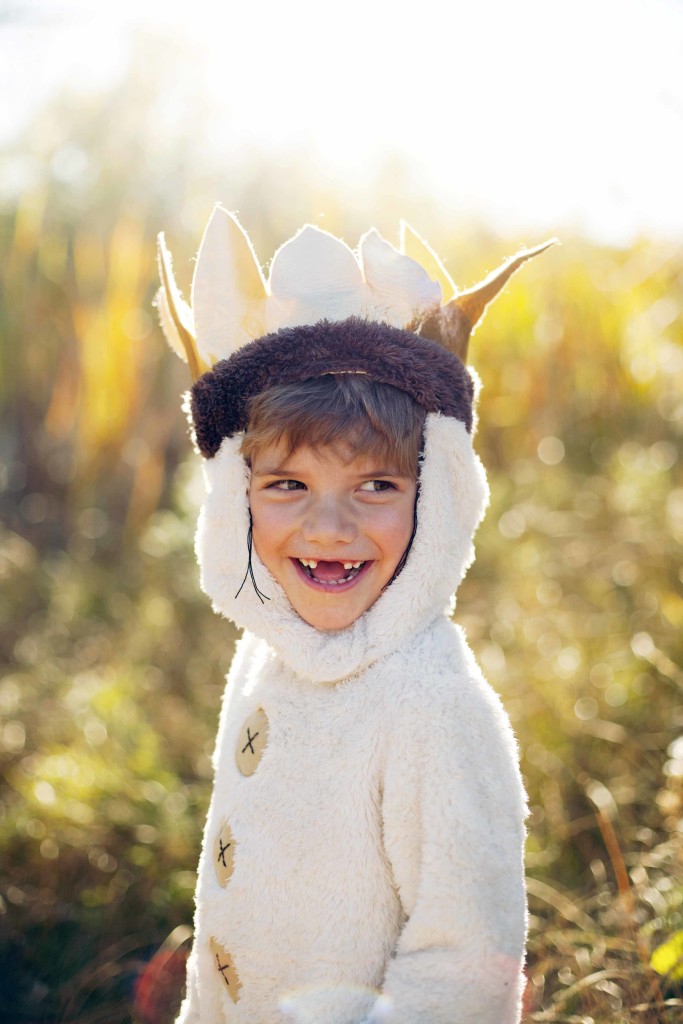
 I would say, of all that he loves, Henry’s favorite thing is sharing a laugh. He’s rather mischievous, quite the stinker. Recently he has started hiding, and when we start to panic about where he has gone, he will come out of hiding laughing hysterically. He adores his books and knows his alphabet, numbers up to ten, colors and shapes, all demonstrated through pointing and the use of his iPad. Henry will dance to music and is starting to do the motions along with some of his favorite songs. He desperately wants to be one of the boys as he has two older brothers, age 10 and 8, so if they are doing something, like playing basketball, he will try his hardest to be with them.
I would say, of all that he loves, Henry’s favorite thing is sharing a laugh. He’s rather mischievous, quite the stinker. Recently he has started hiding, and when we start to panic about where he has gone, he will come out of hiding laughing hysterically. He adores his books and knows his alphabet, numbers up to ten, colors and shapes, all demonstrated through pointing and the use of his iPad. Henry will dance to music and is starting to do the motions along with some of his favorite songs. He desperately wants to be one of the boys as he has two older brothers, age 10 and 8, so if they are doing something, like playing basketball, he will try his hardest to be with them.